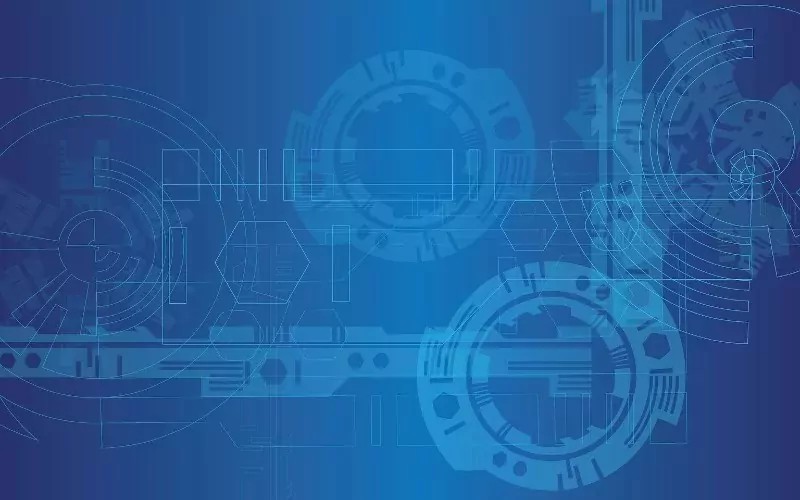The rapidly evolving technological landscape demands IT professionals to adapt and expand their skill sets.
As disciplines converge, the ability to navigate multiple domains is becoming pivotal for success.
The Evolving Landscape of Tech Recruitment
In today’s fast-paced technological world, IT professionals are compelled to be more versatile than ever before. As technology disciplines continue to merge, the demand for candidates with diverse skill sets has increased dramatically, according to Angela Lewis, technology recruitment lead at Morgan McKinley. Lewis highlights the convergence of fields such as digital, Big Data, machine learning, AI, and cybersecurity, making cross-disciplinary knowledge essential.
The ever-evolving nature of technology poses both challenges and opportunities for job seekers in the IT sector. It is no longer sufficient to specialise in just one area; professionals must now demonstrate a command of various domains. This shift towards an integrated approach is necessitated by the rise of innovative technological applications that combine previously distinct areas.
The Rise of Comprehensive Skill Requirements
The integration of AI and machine learning into cybersecurity highlights the need for candidates who can predict and mitigate threats effectively. This trend is indicative of the broader requirement for soft skills alongside technical expertise, creating a well-rounded profile for potential employees.
Lewis notes an uptick in demand for cloud technology skills, like AWS, alongside machine learning capabilities. This demand reflects a larger industry trend that places a premium on adaptability and broad knowledge.
It’s essential not just to have the technical know-how but also to possess the ability to communicate complex ideas clearly and collaborate with cross-functional teams. The modern IT landscape values candidates who can integrate both soft and hard skills to drive innovation and efficiency.
The Importance of Extra-Curricular Engagement
Angela Lewis points out that possessing certifications is important, yet it’s the extra-curricular activities that often distinguish an applicant. She emphasises participation in events such as hackathons as crucial for standing out.
Activities like ‘capture the flag’ competitions are invaluable for honing practical skills and demonstrating a candidate’s dedication to their field. These engagements reflect a passion and commitment that is highly attractive to employers.
A candidate’s initiative to immerse themselves in the industry outside of formal education showcases a proactive approach that is becoming increasingly crucial. This proactive learning and engagement is key to developing a comprehensive skill set that meets the current job market demands.
Security and Compliance in the Digital Age
The focus on penetration testing, especially concerning GDPR compliance, underscores the critical importance of security in today’s digital age. Testing the robustness of security systems through various methods, including social engineering, is becoming more prevalent as organisations strive to protect data integrity.
Lewis stresses the importance of having teams dedicated to the continuous evaluation of security systems to adapt to the stringent demands of data protection laws. This calls for a comprehensive understanding of both technical measures and regulatory requirements, further necessitating a multifaceted skill set.
Maintaining compliance while effectively securing data is a balancing act that requires constant vigilance and adaptation. The modern security professional must be capable of navigating regulatory frameworks as well as understanding complex technical landscapes.
Global Presence and Influence
Morgan McKinley’s presence in international markets, including the UK, Australia, and China, among others, signifies the widespread demand for all-rounders in tech. This global reach highlights the universal need for IT professionals who can deliver across various tongues and cultural contexts.
The agency’s insights are reflective of the larger trend towards globalisation within the tech industry. Professionals who can work effectively in diverse international environments while integrating multiple technological and cultural perspectives are increasingly sought after.
Collaboration and cultural awareness, paired with technical prowess, are invaluable in meeting the needs of businesses operating on a global scale. This cross-border professional capability is one of the defining traits of the modern tech candidate.
Future-Readiness in IT Careers
Staying abreast of technological advancements and industry trends is critical for future readiness in IT careers. Lewis advises that candidates should strive to remain current with technological developments and be willing to branch into new territories as they emerge.
The ability to specialise while keeping a broad understanding of technological changes is a key differentiator for tech professionals. This adaptability ensures they remain competitive in an ever-changing job market.
Conclusion
As the tech landscape continues to evolve, the need for well-rounded candidates has never been greater. Those who cultivate a broad range of skills while maintaining a focus on core competencies will thrive in this competitive and dynamic environment.
In conclusion, to excel in the contemporary tech industry, professionals must embrace versatility and continuous learning.
By developing an expansive skill set, candidates can ensure they remain relevant and impactful.

